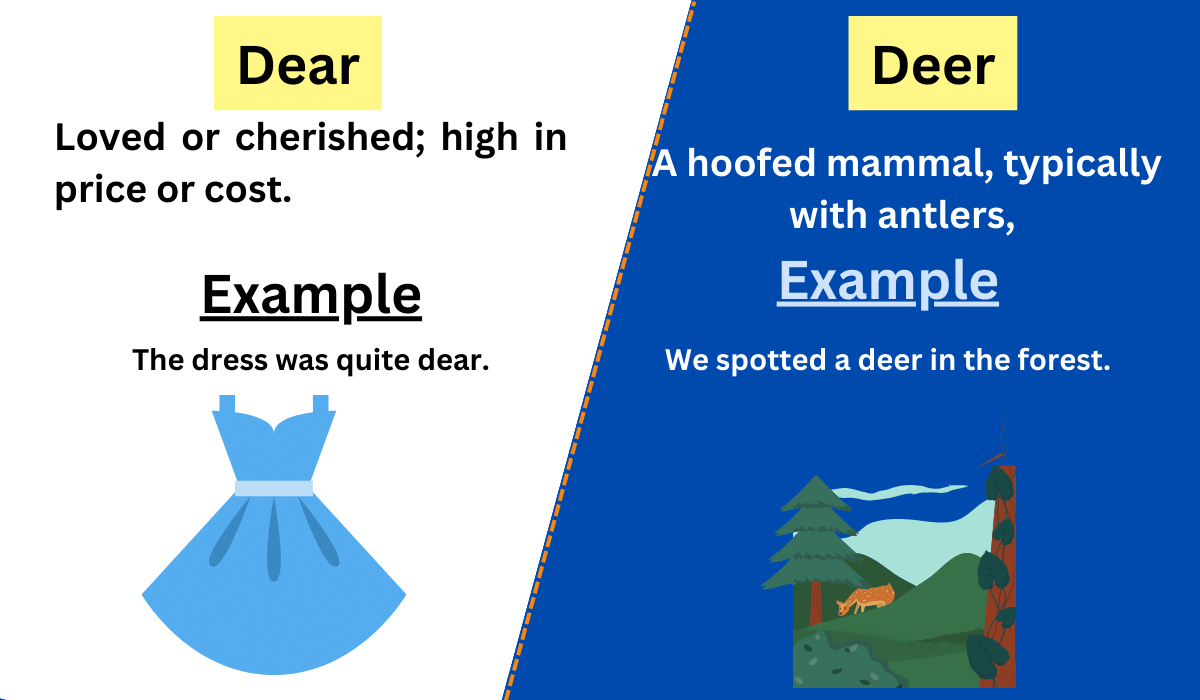Honorary vs. Honorable-Difference between and Examples
In the realm of the English language, there exist words that sound similar but bear distinct meanings, leading to confusion and misinterpretation. “Honorary” and “honorable” are two such words that often perplex language learners. This article will delve into the differences between “honorary” and “honorable,” exploring their definitions, usage, and contextual nuances. By unraveling the disparities between these words, we can enhance our language skills and convey our ideas more precisely. Join us on this linguistic journey as we shed light on the contrasting meanings of “honorary” and “honorable.”

Meanings and Examples
Honorary meaning
Honorary pertains to something that is conferred as an honor or recognition, typically without the associated duties or responsibilities.
Honorary Examples
a) She received an honorary degree for her outstanding contributions to the field of science.
b) “He was appointed as an honorary member of the prestigious society for his philanthropic efforts.
c) “The university named a scholarship in his honor, making him an honorary recipient.
Honorable meaning
Honorable describes someone or something characterized by integrity, honesty, and moral uprightness.
Honorable Examples
a) He is known for his honorable conduct and unwavering principles.
b) The judge’s decision was based on honorable considerations and a commitment to justice.
c) She has earned a reputation as an honorable leader, always prioritizing the welfare of her constituents.
Difference between Honorary and Honorable
| Honorary | Honorable | |
| Meaning | Conferred as an honor or recognition, without associated duties | Characterized by integrity, honesty, and moral uprightness |
| Example | “She received an honorary degree for her outstanding work.” | “He is known for his honorable conduct and unwavering principles.” |
| Usage | Recognizing someone’s achievements or contributions | Describing a person or action with integrity and moral uprightness |
| Context | Awards, titles, distinctions | Ethics, character, moral values |
Usage in a Paragraph
Imagine attending a university graduation ceremony where a renowned scientist is awarded an honorary degree. The university recognizes the scientist’s exceptional contributions to the field of research and innovation, bestowing upon them an honorary degree as a mark of distinction and appreciation. The honorary degree serves as a symbol of honor, highlighting the scientist’s achievements without requiring them to fulfill the usual academic responsibilities.
On the other hand, picture a courtroom scene where a highly respected judge presides over a complex case. The judge’s impartiality, adherence to the law and unwavering commitment to justice exemplify their honorable character. Throughout the trial, the judge upholds the principles of fairness, ensuring that every decision is made with integrity and moral uprightness.
By discerning the differences between “honorary” and “honorable,” we can use these words more accurately to convey our intentions and ideas. “Honorary” relates to something bestowed as an honor or recognition, highlighting achievements without associated responsibilities. Conversely, “honorable” characterizes a person or action characterized by integrity, honesty, and moral uprightness. By employing these terms appropriately, we can recognize outstanding contributions and describe individuals or actions that embody integrity and moral values. Let us utilize the power of language to acknowledge achievements and uphold moral principles in our communication.






Leave a Reply